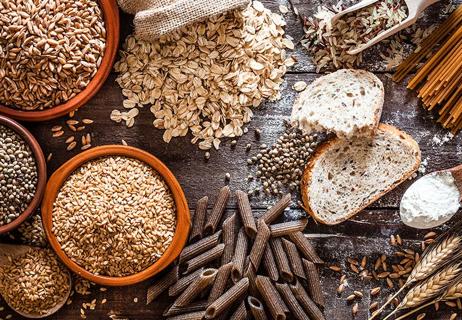
… method calls for:Half your plate is reserved for non-starchy vegetables like carrots, asparagus, green beans, spinach and broccoli. Salads also count here.One-quarter of your plate is reserved for lean protein like …
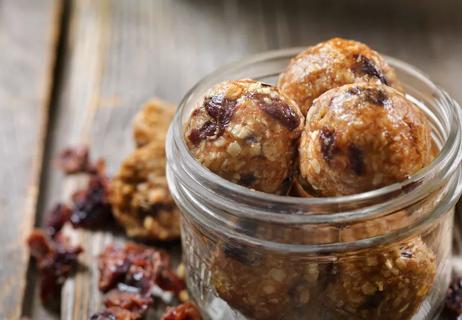
… 300 calories.Looking for a delicious dip? Greek yogurt is the perfect base for creamy faves like spinach and artichoke dip.EggsOne egg gives you 78 calories and 6 grams of protein. They’re also …

… 25% to 30% of the adequate intake for most adults. Other good sources of vitamin K include spinach, kale, broccoli and soybean oil.Enjoy some kiwi — and other fruits and veggiesKiwi packs a nutritional punch …
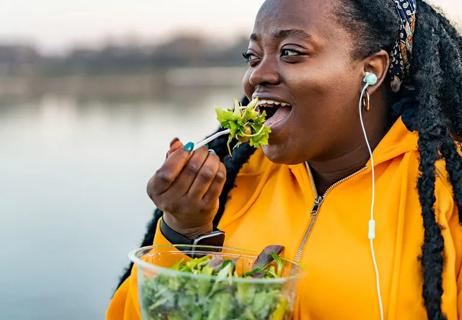
… Smith recommends eating a variety of them.Foods containing manganese include:Leafy greens such as kale and spinach.Legumes such as chickpeas, kidney beans, lentils and soybeans.Nuts such as peanuts, hazelnuts and pecans.Shellfish …
Advertisement
Cleveland Clinic is a non-profit academic medical center. Advertising on our site helps support our mission. We do not endorse non-Cleveland Clinic products or services. Policy

… ve never sampled the squash before. Just sub in the shredded noodles for your traditional pasta.Sautéed Spinach and Tomatoes over Roasted Spaghetti SquashIf you want to up your pasta-replacement game a bit, this …
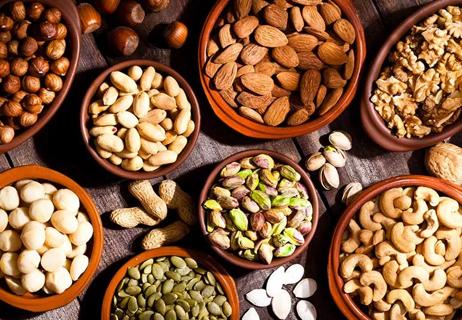
Long ago, our ancestors gathered nuts as a means of survival, and nuts have remained a staple in our diets ever since.You’ll find them on appetizer trays, at sporting events, tossed in salads …
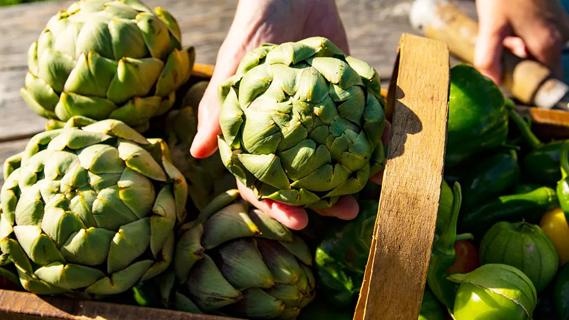
You’ve probably seen artichokes in the produce section or as an appetizer on restaurant menus. With their spiky outer leaves, artichokes can look intimidating. But you can buy the vegetable (it’s actually the …
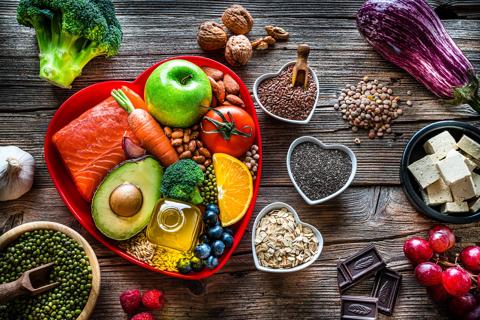
It’s often said that the way to someone’s heart is through their stomach. In many ways, those words couldn’t be truer.What you eat has a direct effect on how your heart …
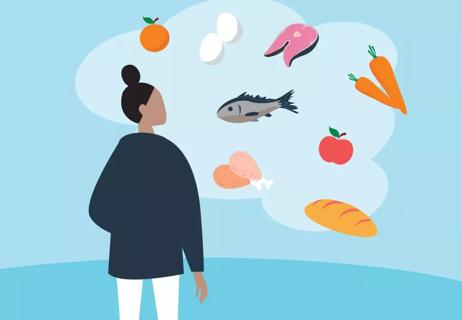
Lucky for us, unlike our ancestors we typically don’t have be as concerned about serious vitamin deficiency disorders. We’re more informed about what’s good for us. With improved distribution, we have more …
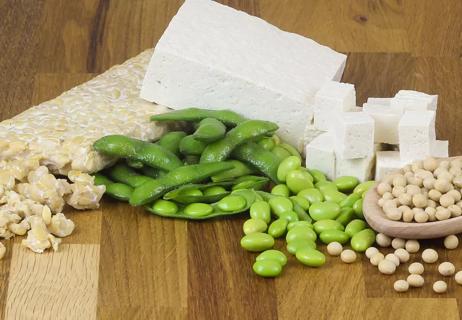
When you think of protein, a big piece of steak or an omelet with bacon might come to mind.But protein doesn’t just come from animal-based foods. Many plants are high in protein …
Advertisement
Advertisement